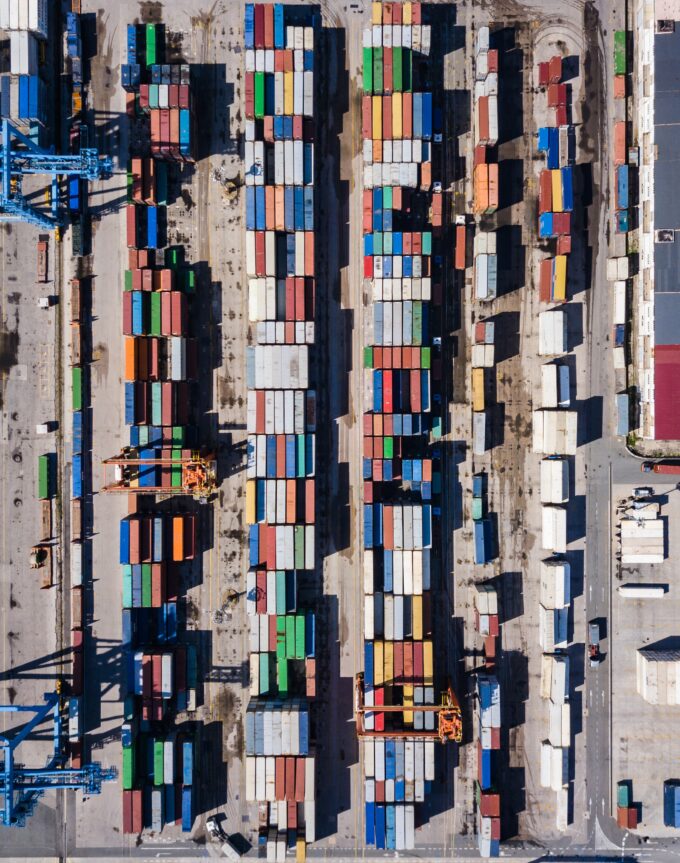Business cycle study: Neighbouring countries hoard the highest inventories worldwide
European companies - large firms as well as medium-sized ones - are hoarding unusually high levels of inventories, according to a business survey by Euler Hermes, prepared in collaboration with Moody's Ratings. In March 2019, the inventory ratio in the eurozone reached a new record - the highest level since 2012 and higher than anywhere else in the world.

The economic study by the credit insurer Euler Hermes and TRIB Rating, the rating service of Euler Hermes Rating in cooperation with Moody's ("for uniform ratings for medium-sized companies throughout Europe") concludes that the high inventory levels are having an impact on the export industry - "also in Switzerland"!
In addition to Spanish and Italian companies, German companies in particular have stocked up the most. The reasons for the overflowing inventories are the increasing global uncertainties, especially from the second half of 2018, the weakening global trade as well as the demand, which has developed even weaker in some sectors than initially expected.
As a result, the hoarding by European companies is also affecting Switzerland as an export nation, as Stefan Ruf, CEO of Euler Hermes Switzerland, explains: "The increased inventories in the eurozone will lead to fewer orders from European customers in Switzerland. This is likely to be felt by the Swiss export industry."
Large companies: World champions in stockpiling are Spain and Germany
For large manufacturing companies in the eurozone, the average Days Inventory Outstanding (DIO) - the amount of time it takes for a company to turn its inventory into sales - increased by four days in 2018 to 52 days (2017: 48 days). Companies in Spain (+11 days) and Germany (+6 days) recorded the largest increase in inventory.
SMEs: Italy and Germany increase particularly strongly
Small and medium-sized enterprises (SMEs) in Europe also made significant gains in inventory levels. Average DIO rose by four days to 58 days. The largest increases were recorded by SMEs in Italy (+9 days) and Germany (+6 days).
What to do. Fight prices to clear stocks and curb production
"Record inventories require appropriate countermeasures," says Kai Gerdes, director of analysis at Euler Hermes Rating. "This means we will see adjustments in both production and prices to accelerate sell-offs. After all, high inventories cost a lot of money in addition to space."
In fact, European manufacturing companies surveyed in June 2019 self-rated current inventory levels as "too large."
Significant signs for inflation and economy in sight
"We estimate that inventory in Europe is currently between 20% and 30% above what would be normal," Gerdes says. "This is substantial and the drawdown is likely to leave a significant mark on inflation and economic growth: the inflation rate would fall with the adjustments in both 2019 and 2020. In addition, the 'hamster stocks' are likely to have a negative impact on euro area gross domestic product (GDP) growth in 2019. This is expected to fall by 0.3 percentage points (pp) to +1.2%. A modest recovery is then in sight again in 2020."
The full study by Euler Hermes and TRIB Rating "Painful destocking in sight for European corporates" can be found at here









